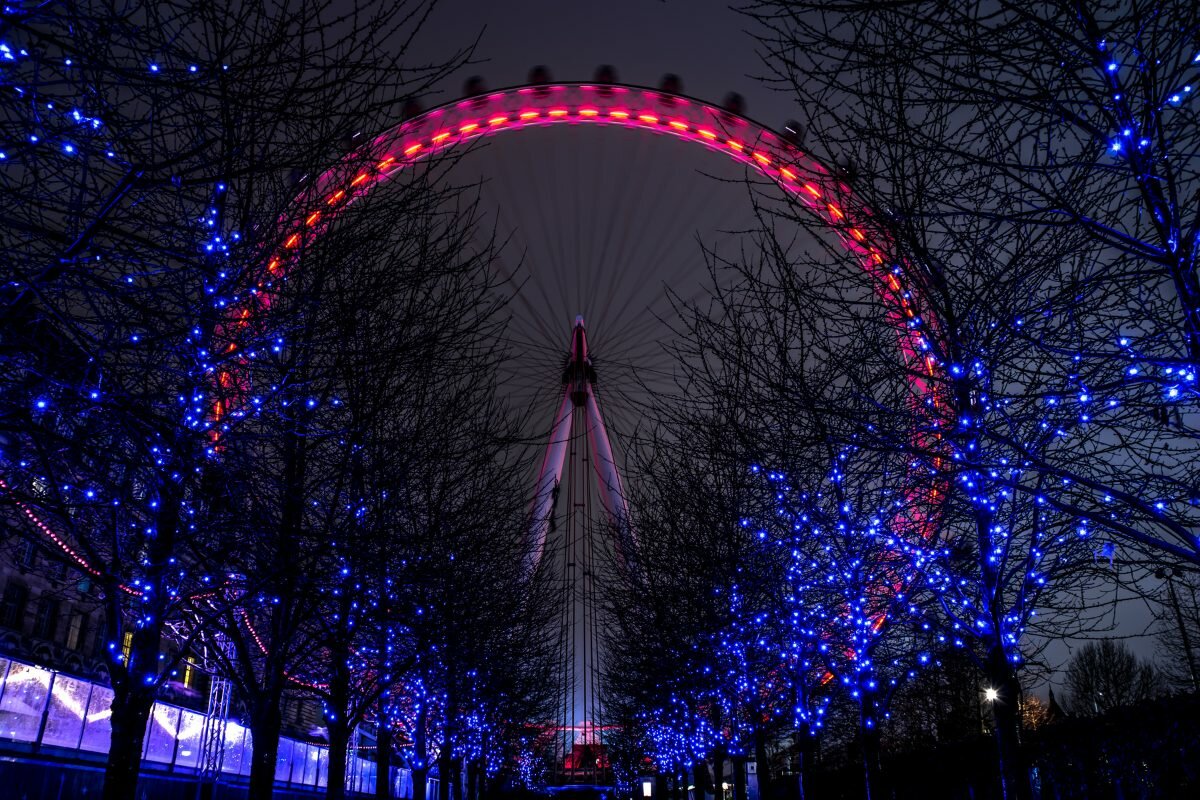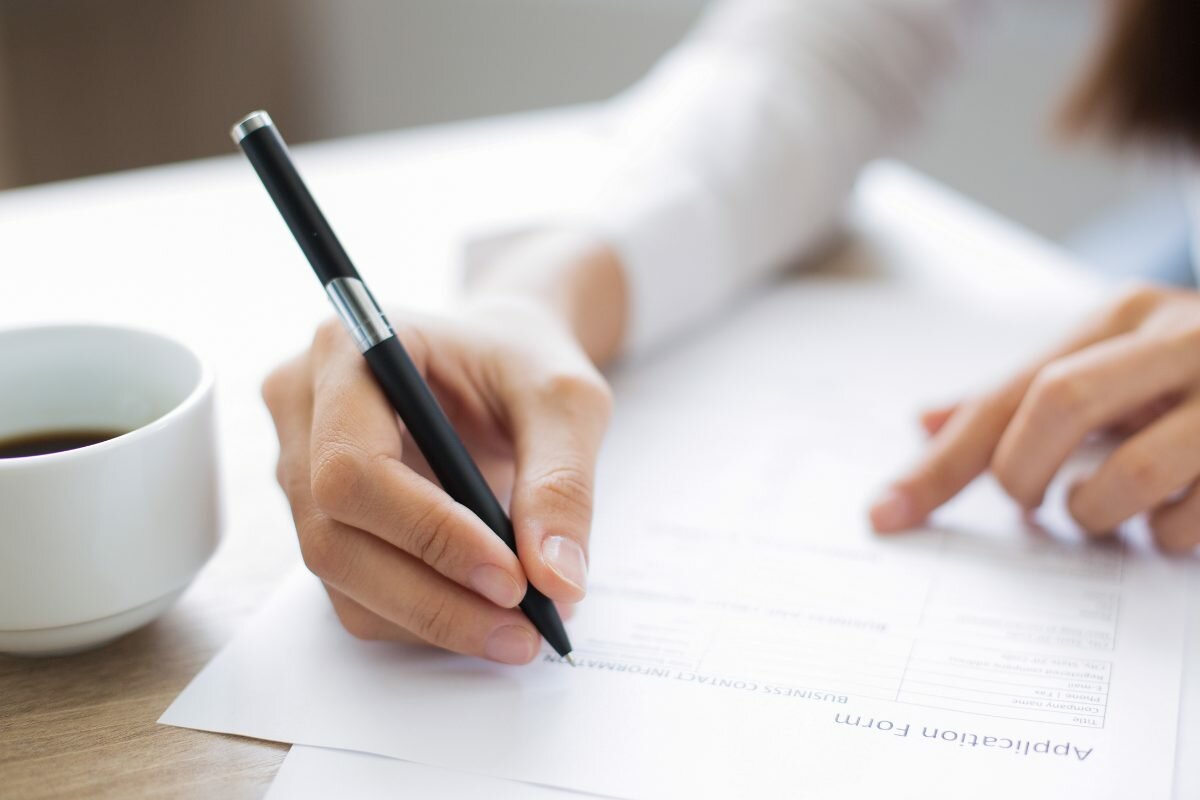How does the UK ancestry visa work?
The United Kingdom has always been a land of diverse cultures and rich history. For those who can trace their ancestry back to the UK, there exists a unique immigration route known as the UK Ancestry Visa. This visa offers a great opportunity for individuals with British ancestry to explore their roots, live, work, and […]
Read More




